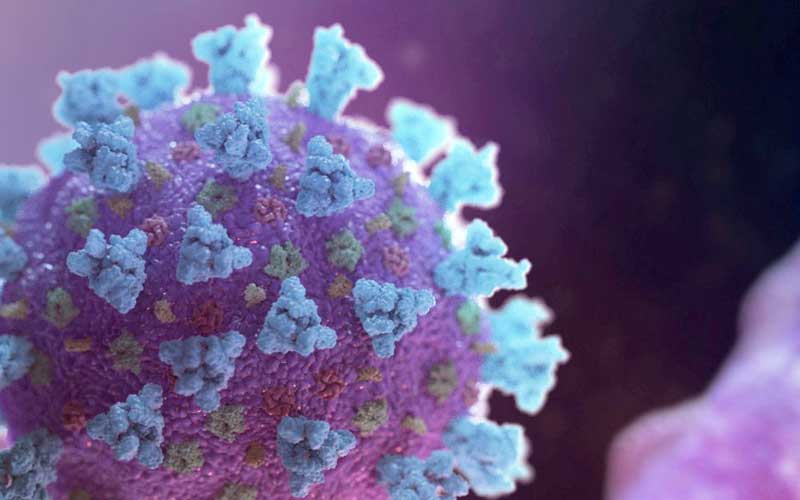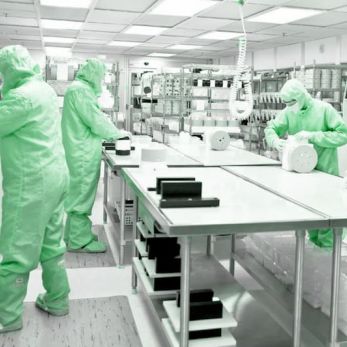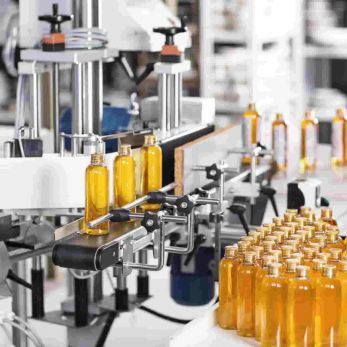The role of pharmaceutical industry in COVID
The outbreak of the coronavirus in 2019 put a heavy burden on the pharmaceutical industry. As health professionals were figuring out how to treat the disease, pharmaceutical manufacturers set out to investigate what drugs might help treat patients with
The outbreak of the coronavirus in 2019 put a heavy burden on the pharmaceutical industry. As health professionals were figuring out how to treat the disease, pharmaceutical manufacturers set out to investigate what drugs might help treat patients with COVID-19. Alongside this, they also needed to ensure that regular production of other medicines was able to continue to ensure treatments for other illnesses were not unaffected.
Apart from responding to the immediate threat, businesses have had to adjust swiftly to guarantee that they are resilient to interruption and can function in more agile ways, both in the post-COVID era and in anticipation of a possible second wave of the virus. Regardless of the situation, planning for numerous conceivable situations is critical to ensure continuity and risk management.
Vaccine development
We recently discussed the stages involved in developing a COVID-19 vaccine. Since then, there has been a slew of different efforts aimed at producing a coronavirus vaccine, with the total number of projects approaching 130 by the end of June 2019. A recent study conducted at the University of Oxford yielded promising results in terms of eliciting a significant immunological response. This research is being done in collaboration with AstraZeneca, a biopharmaceutical company that will manufacture and market the vaccine once it is ready.
Professor Pollard from the University states: “The immune responses observed following vaccination are in line with what previous animal studies have shown are associated with protection against the SARS-CoV-2 virus, although we must continue with our rigorous clinical trial program to confirm this in humans.”
Due to the unprecedented nature of the virus, studies such as these have accelerated faster than usual, with priority government funding and support in order to develop a vaccine and ensure public safety as soon as possible.
Now, many vaccines are developed successfully and put into use, such as Pfizer, Moderna, Astra Zeneca,...
COVID-19 treatments
Since the virus emerged and expanded internationally in January 2020, pharmaceutical companies have been focusing on developing therapies for those infected with COVID-19. The RECOVERY (Randomised Evaluation of COVid-19 thERapY) trial began in March 2020 with the goal of evaluating a variety of existing medications in order to uncover new approaches to treat COVID-19 patients.
The experiment made a breakthrough in mid-June using the medicine dexamethasone - a low-cost, widely available steroid used to treat asthma and other inflammatory disorders. Dexamethasone reduced fatalities in hospitalized patients with respiratory problems by one-third, according to the study.
A company called Gilead has also developed Remdesivir, a medication that can help people recover more quickly from COVID-19. It tested positive for two older forms of coronaviruses, MERS and SARS, both of which have a similar structure to COVID-19. However, after an agreement was signed to purchase all available stock of the patented medicine for the US, the treatment appears to be in short supply outside the US.
Innovation and recovery
In order to keep operating during the COVID-19 pandemic and prioritize COVID-19 treatments, the pharmaceutical sector needs to maintain business continuity. Building resilience and allowing vital activities to continue during the pandemic requires thorough risk assessments and a reassessment of previous methods.
The fundamental backbone for simplifying these operations is digital solutions. Pharmaceutical businesses can use our platform to oversee quality and collaborate on documents, allowing them to keep operations running and collaborate with colleagues remotely during this unusual period.
References: Ideagen














